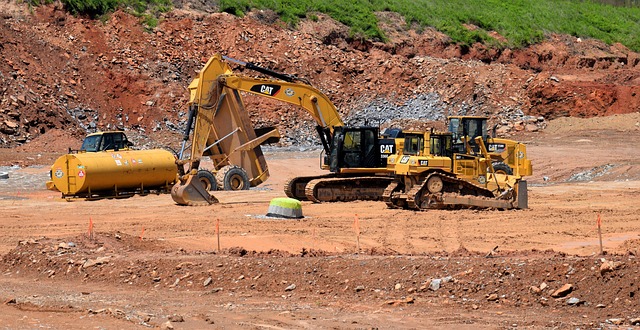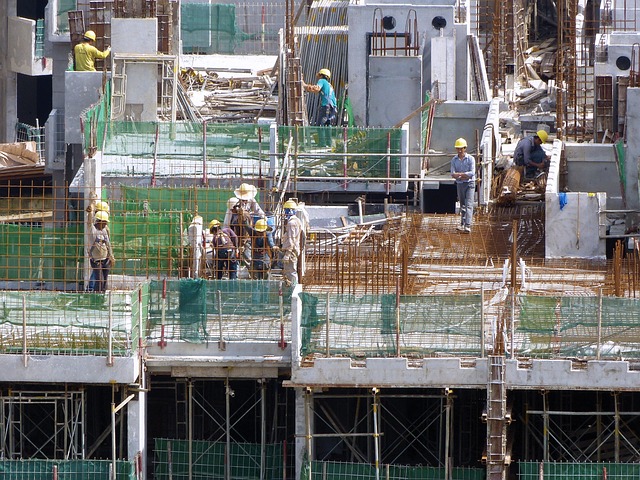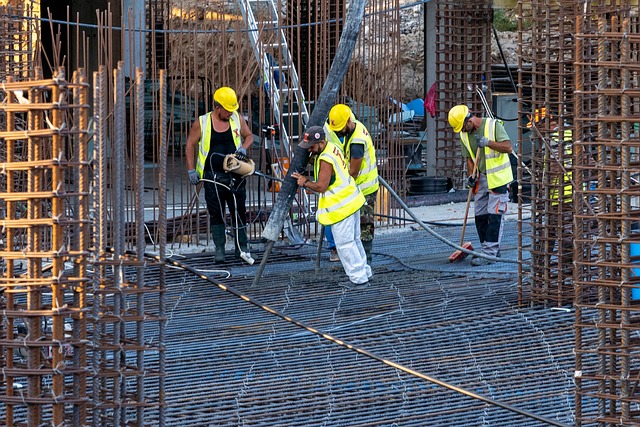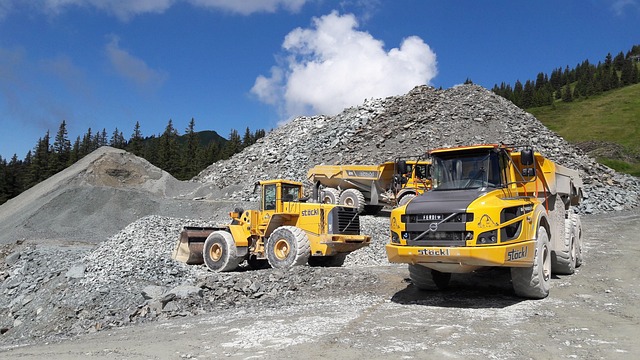Construction site sanitation requires efficient, hygienic solutions with portable toilet setups catering to diverse needs and strict standards. Contracts detail service levels, maintenance, disposal protocols, fostering sustainability in urban development. Key components include scope of services, tailored sanitation needs, facilities, cleaning schedules, waste disposal, emergency provisions, payment terms, and additional services for events or camps, allowing construction companies to maintain clean, safe environments.
In the fast-paced world of construction, maintaining a clean and safe site is paramount. One often overlooked yet critical aspect is proper sanitation. This article delves into the essential topic of Portable Toilet Construction Site contracts, exploring how these agreements ensure health and compliance. We’ll break down key components, discuss benefits and challenges, and provide insights to help project managers make informed decisions regarding sanitation services. Understanding these contracts is a vital step towards creating a positive, hygienic work environment.
- Understanding Portable Toilet Construction Site Contracts
- Key Components of Sanitation Agreements
- Benefits and Challenges of Contracted Sanitation Services
Understanding Portable Toilet Construction Site Contracts
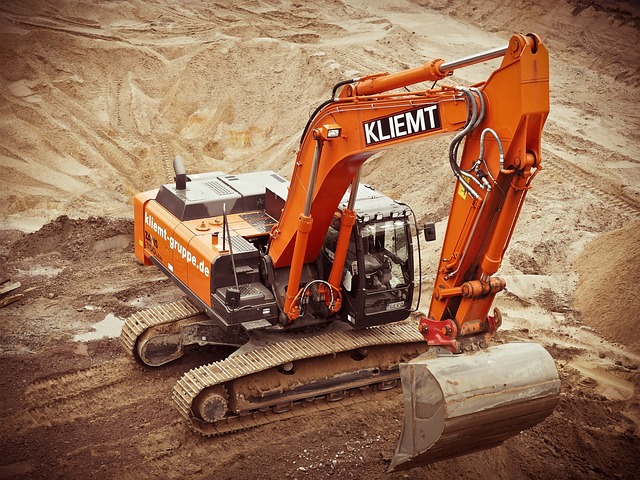
Construction sites require more than just heavy machinery; they also demand efficient and hygienic sanitation solutions. One such vital component is the portable toilet construction site setup, designed to cater to the unique needs of these temporary work environments. These contracts ensure that construction projects adhere to strict health and safety standards, providing workers with clean and safe restroom facilities.
Understanding portable toilet construction site contracts involves recognizing their role in promoting sustainable sanitation for urban renewal projects and catering to diverse client demands. While some may opt for basic amenities, others seek luxury portable facilities for high-profile clients. Regardless of the scale, these contracts detail service levels, maintenance schedules, and disposal protocols, ensuring a seamless experience for both construction teams and prestigious clients alike. You can find us at modern portable restrooms for exclusive events, offering not just convenience but also eco-friendly solutions that contribute to the overall sustainability of urban development.
Key Components of Sanitation Agreements
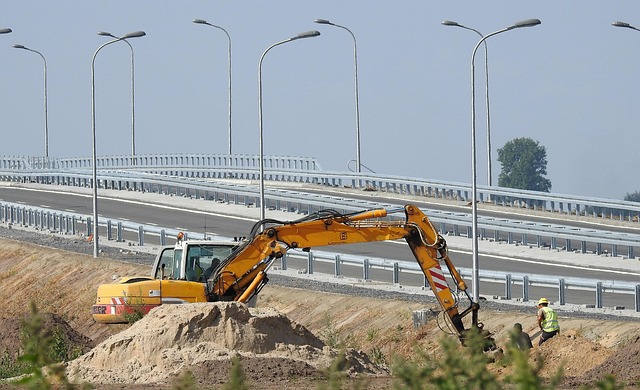
When drafting Construction Site Sanitation Contracts, several key components must be included to ensure compliance, safety, and satisfaction for all parties involved. Firstly, the agreement should clearly define the scope of services, outlining specific sanitation requirements tailored to the project’s needs, whether it’s a bustling construction site or a sophisticated restroom solution for executive meetings. This includes specifying the types of facilities provided, such as portable toilets or clean and safe restrooms for community events, ensuring they meet all necessary health and safety standards.
Secondly, the contract must address maintenance and cleaning schedules, detailing how often these services will be performed and by whom. It should also cover disposal methods for waste generated on-site, especially when dealing with sustainable sanitation for urban renewal projects. Additionally, consider including provisions for emergency situations, such as unexpected equipment failure or sudden changes in site conditions, ensuring a swift response from the sanitation provider. Lastly, don’t forget to mention payment terms and any additional services like delivery, pickup, and temporary loo placement for events, like fashion shows, where style meets functionality.
Benefits and Challenges of Contracted Sanitation Services
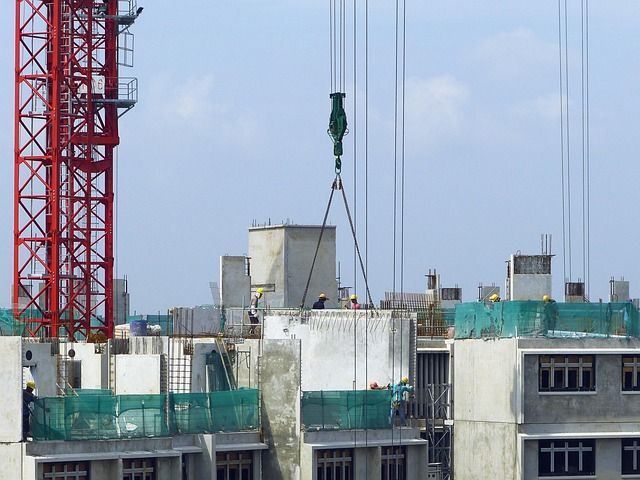
Construction sites are bustling hubs of activity, and maintaining proper sanitation is an essential aspect that often goes unnoticed. One effective solution to this challenge is outsourcing sanitation services through contracts with specialized providers. This approach offers numerous benefits for construction companies and site managers. For instance, contracted sanitation ensures a consistent supply of portable toilets or restroom facilities tailored to the specific needs of each project, be it a remote work camp or a bustling urban event. These services provide a hygienic environment for workers and visitors alike, contributing to improved health and safety standards on-site.
While the advantages are clear, there are also challenges to consider. Finding a reliable contractor who offers eco-friendly portable restroom choices can be a task, especially in regions with strict environmental regulations. Additionally, managing multiple contracts and ensuring timely deliveries and pickups can be complex, particularly for smaller construction sites or pop-up stores with busy schedules. However, with careful research and selection of reputable providers, these challenges can be overcome, allowing businesses to focus on their core operations while maintaining a clean and safe working environment, whether it’s a temporary setup for an event or a permanent fixture at a remote location like sanitary solutions for remote work camps.
Construction sites require efficient and reliable sanitation services, which is where portable toilet construction site contracts come into play. By outlining key components such as service frequency, maintenance protocols, and health and safety standards, these agreements ensure a clean and safe environment for workers. The benefits of contracted sanitation services include improved hygiene, reduced liabilities, and enhanced project image. However, challenges like coordination, regulatory compliance, and cost management must be addressed to make these contracts a success for all parties involved.

